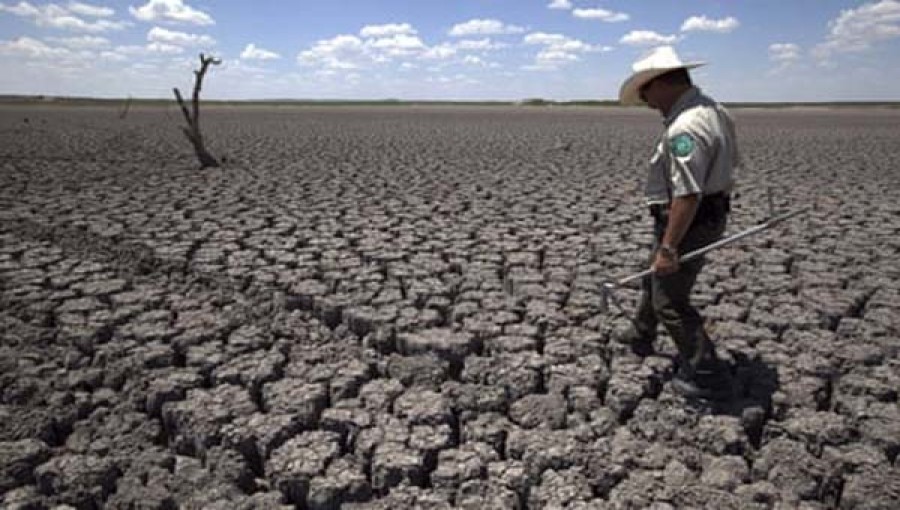In a stark announcement, the United Nations sounded a "Red Alert" on Tuesday as it revealed that 2023 had shattered every major global climate record, heightening concerns for the coming year. According to the World Meteorological Organization (WMO), 2023 saw average temperatures soar to the highest level in 174 years of record-keeping, surpassing pre-industrial levels by a significant margin of 1.45 degrees Celsius. Additionally, ocean temperatures surged to their warmest point in 65 years, with over 90% of the world's seas experiencing heatwave conditions, dealing a blow to marine ecosystems and food systems.
"The WMO community is sounding the Red Alert to the world," stated WMO Secretary-General Celeste Saulo, expressing particular apprehension about the unprecedented ocean warmth, glacier retreat, and Antarctic sea ice loss observed in 2023. Saulo emphasized the gravity of ocean heat, highlighting its nearly irreversible nature and the potential for millennia-long repercussions.
Climate change, fueled by fossil fuel consumption, coupled with the natural El Niño climate pattern, propelled the world into uncharted territory in 2023. Omar Baddour, the head of WMO's climate monitoring, warned of a high probability for 2024 to set new heat records, given the historical pattern of elevated temperatures following El Niño events.
The report unveiled a distressing decline in Antarctic sea ice, plummeting below the previous record by approximately 1 million square kilometers – an area roughly equivalent to the size of Egypt. This, coupled with ocean warming and subsequent sea level rise, has accelerated over the past decade, exacerbating the vulnerability of coastal communities worldwide.
Saulo, pledging to bolster global climate disaster warning systems, underscored the urgent need for intensified climate action. She urged for heightened awareness and collective efforts to address the increasingly frequent and extreme climate events, emphasizing the shared responsibility to mitigate the worsening crisis.






























Comment: